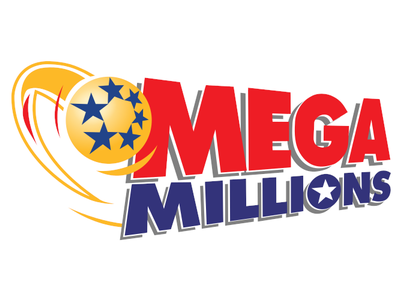As New Jersey’s gaming and sports wagering industries continue to grow and mature, so do our obligations to assist patrons who are at risk for problem gambling.
New Jersey regulators and the state’s attorney general (AG) announced several new initiatives designed to bolster its responsible gaming (RG) efforts, including the creation of a new regulatory post dedicated to ensuring a new suite of advertising standards for operators is implemented.
The new standards, 16 in all, and the hiring of a new RG advertising czar come two months after the New Jersey Division of Gaming Enforcement (NDJGE) launched a separate initiative requiring operators to analyze data collected from their customers to help identify those at risk of developing a gambling problem.
“As New Jersey’s gaming and sports wagering industries continue to grow and mature, so do our obligations to assist patrons who are at risk for problem gambling,” AG Matthew Platkin said during a keynote speech at the East Coast Gaming Congress held last week at the Hard Rock Hotel & Casino in Atlantic City.
“By establishing a dedicated, senior-level position within the NJDGE to focus on responsible gaming, we are sending a clear message that we take this work seriously — and so should the industry. Our other initiatives announced today will help protect consumers and make it easier for individuals to access the help they need when their gaming behavior becomes problematic.”
NJDGE said it will establish the post of Responsible Gaming Coordinator to be filled by an experienced attorney. The coordinator will report directly to the director of the NJDGE “and identify gaps and problems before engaging with stakeholders to develop recommendations to advance the state’s responsible gaming work,” according to the regulator.
We have a duty to protect the public from advertising that could be misleading or harmful.
“We have seen tremendous growth in sports wagering and online gaming in New Jersey,” said NJDGE Director David Rebuck. “In the face of that boom, we have a duty to protect the public from advertising that could be misleading or harmful. And for those in the grip of gambling addiction, we need to offer as many exit ramps from their condition as possible.”
Platkin said the NJDGE will create a video-conference option for players, which would make it easier for players to escape from problem gambling without leaving home. Before the summer season, the regulator will also set up a 24/7 hotline dedicated to answering questions about the state’s self-exclusion program.
Sixteen New Advertising Standards Unveiled
NJDGE also unveiled a suite of new advertising standards for operators and their affiliates. The regulator divided the standards into four categories — RG-specific advertisements, advertising content, advertising placement, and advertising training.
Under RG-specific advertising, the NJDGE stipulates that:
- Advertisements are required by law to include RG verbiage
- The use of small fonts in RG messaging is prohibited, and messaging should be “concise and clear”
- TV ads that are broadcast in New Jersey must comply with NJDGE standards
The division’s advertising content rules specify that:
- Advertisements shall not be misleading in any way and should avoid terms like “guaranteed wins” or “risk-free” bets
- Terms and conditions for gaming should be clear for players
- Unrealistic promotional wagering requirements are prohibited
- Misconceptions about online games are also not allowed
- Operators must provide an effective way for players to opt out of all advertising materials
- Information about self-exclusion and all of a site’s RG protections must be clearly available to players
- All advertising and promotions, including by affiliates, must be filed with NJDGE prior to use
For advertising placement, the NJDGE wants to ensure that:
- Ads aren’t presented using forms of media where the primary demographic is under the legal gambling age
- Likewise, such ads cannot include images or themes that target underage people
- Advertisements must not target potentially at-risk patrons
- RG pages on an operator’s website or apps must not include advertising or marketing for gambling
With advertising training, the regulator wants operators to:
- Implement education and training programs for employees involved with advertising or marketing to ensure all of the new standards are implemented
- Continue educating its media partners and the general public about the differences between legally regulated sites and those operating illegally in the offshore
“The increase of online gambling opportunities, access, and the amount of advertising has put many more people in New Jersey at risk for problem gambling,” said Felicia Grondin, Executive Director of the Council on Compulsive Gambling of New Jersey. “The standards outlined today reflect the AG and NJDGE’s resolve to promote responsible play and make help available to those faced with a gambling addiction.”






